
July 22 | 1:15 PM
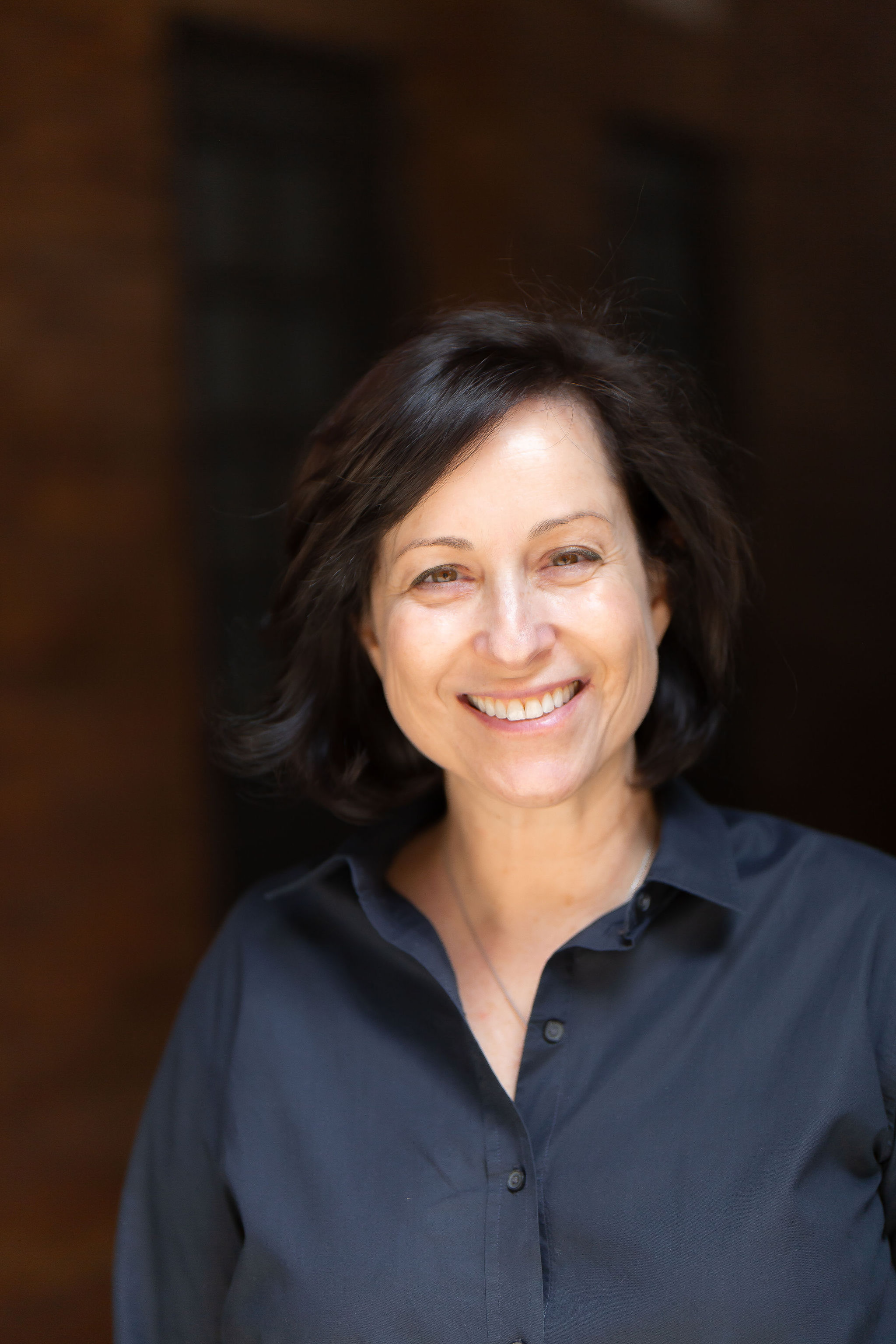 Lilach Mollick
Lilach Mollick
Dr. Lilach Mollick is Co-Director of the Generative AI Lab at Wharton, where she leads a team building
applications to shape the future of how AI is used in learning. She has authored a number of highly cited
papers on AI and teaching, and the prompts she has developed for educators and students are used
throughout the world. Her work has been discussed in publications including The New York Times and
Vox. She advises companies and organizations on the advantages and risks of AI in teaching and training.
Lilach holds a doctorate in education from NYU.
July 23 | 8:00 AM
Join UPCEA’s Senior Director of Research and Consulting, Bruce Etter, for an enlightening presentation on UPCEA’s 2025 Benchmarking Online Enterprises Survey. This year’s survey further refines what an effective, sustainable online enterprise looks like right now and includes a special topic near and dear to everyone’s hearts: Artificial Intelligence in Online Education. This session will also highlight a new per capita benchmarking variable that makes the 2025 version of the survey even more valuable to online leaders! After the data is shared, select online leaders will share their thoughts on the research and what it means for institutions like yours.
 Bruce Etter, UPCEA
Bruce Etter, UPCEA
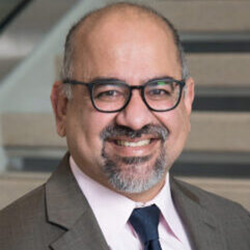 Sunay Palsole, Texas A&M University
Sunay Palsole, Texas A&M University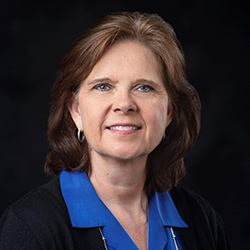 Susan Seal, Mississippi State University
Susan Seal, Mississippi State University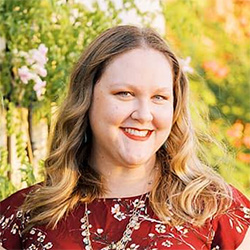 Carmin Chan, Northern Arizona University
Carmin Chan, Northern Arizona University
July 23 | 11:45 AM
Many Chief Online Learning Officers (COLOs) are unicorns on their campus. They exist without institutional peers, and yet this unique role requires a great deal of internal and external collaboration reliant on well developed skills and competencies. Join us for a fireside chat with the co-editors of The Chief Online Learning Officers’ Guidebook (Routledge 2025) and UPCEA’s 2025 Schroeder Award Recipient. Our speakers will share perspectives on the ever-changing role of COLOs, key themes and messages from this very important new book, and insights into ‘what’s next’ for many online leaders and their institutions.
 Jocelyn Widmer, Los Alamos National Laboratory
Jocelyn Widmer, Los Alamos National Laboratory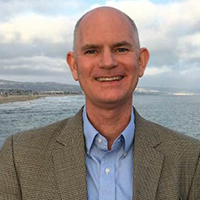 Tom Cavanagh, University of Central Florida
Tom Cavanagh, University of Central Florida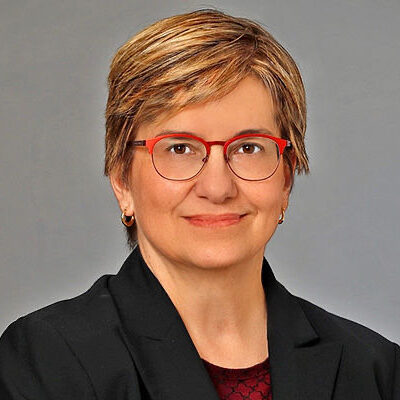 Marie Cini, University of the People
Marie Cini, University of the People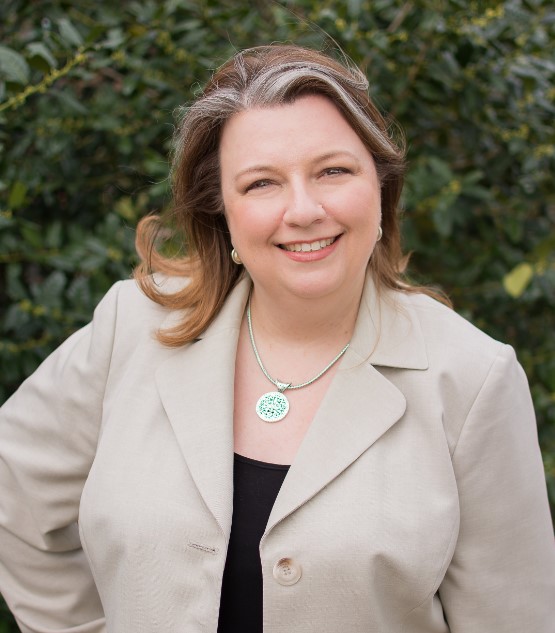 Moderator: Julie Uranis, UPCEA
Moderator: Julie Uranis, UPCEA
July 24 | 8:00 AM
Never before has the higher education landscape been more volatile nor has online education been so central to the conversation. Join four experienced online education leaders from a variety of institution types as they discuss trends that are shaping the future of higher ed. Panelists will provide their perspectives on the current state of higher education and discuss potential implications and imperatives for institutions of higher education.
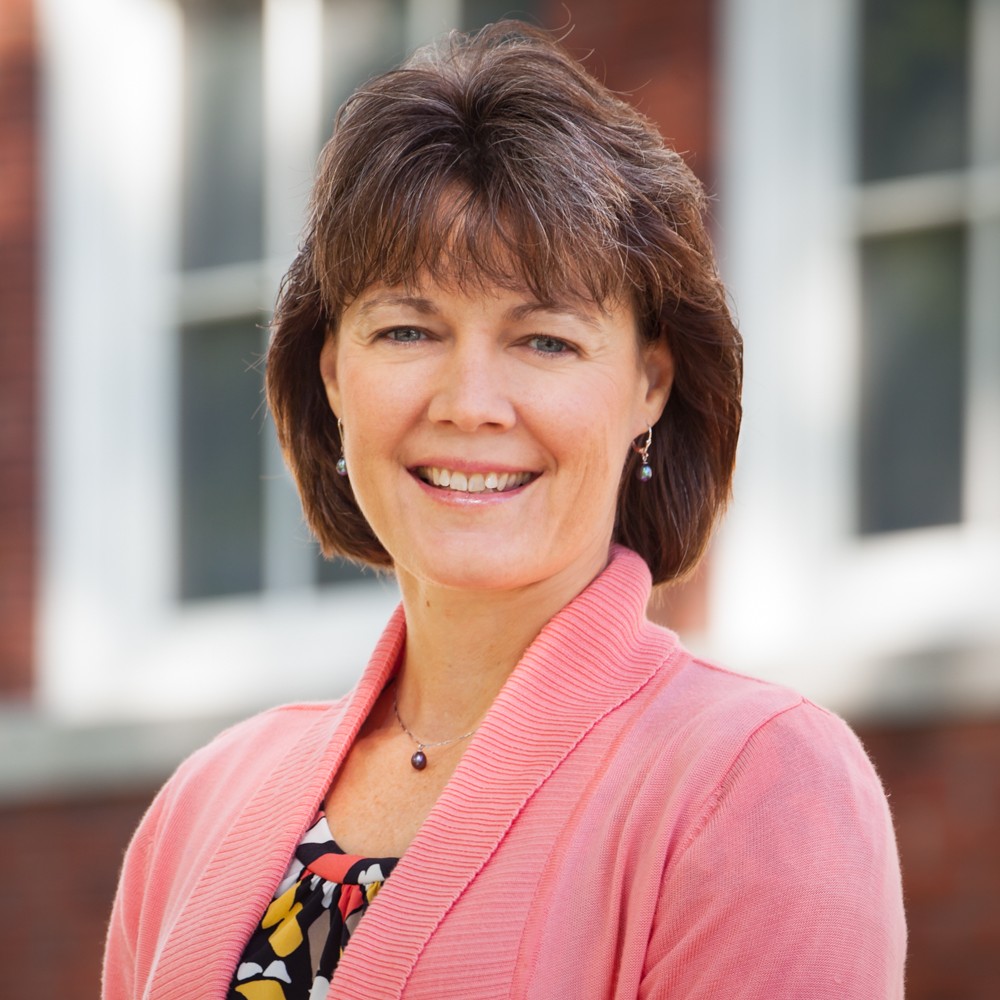 Cheryl Murphy, University of Arkansas
Cheryl Murphy, University of Arkansas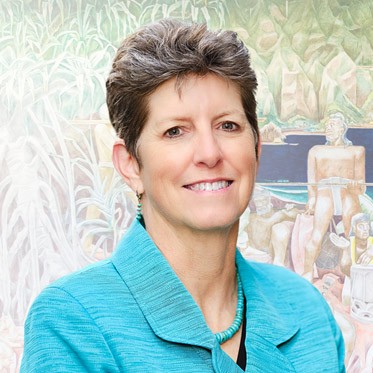 Kim Siegenthaler, University of Hawai'i System
Kim Siegenthaler, University of Hawai'i System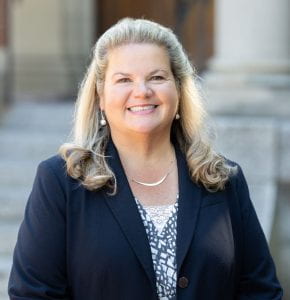 Nancy Coleman, Harvard University
Nancy Coleman, Harvard University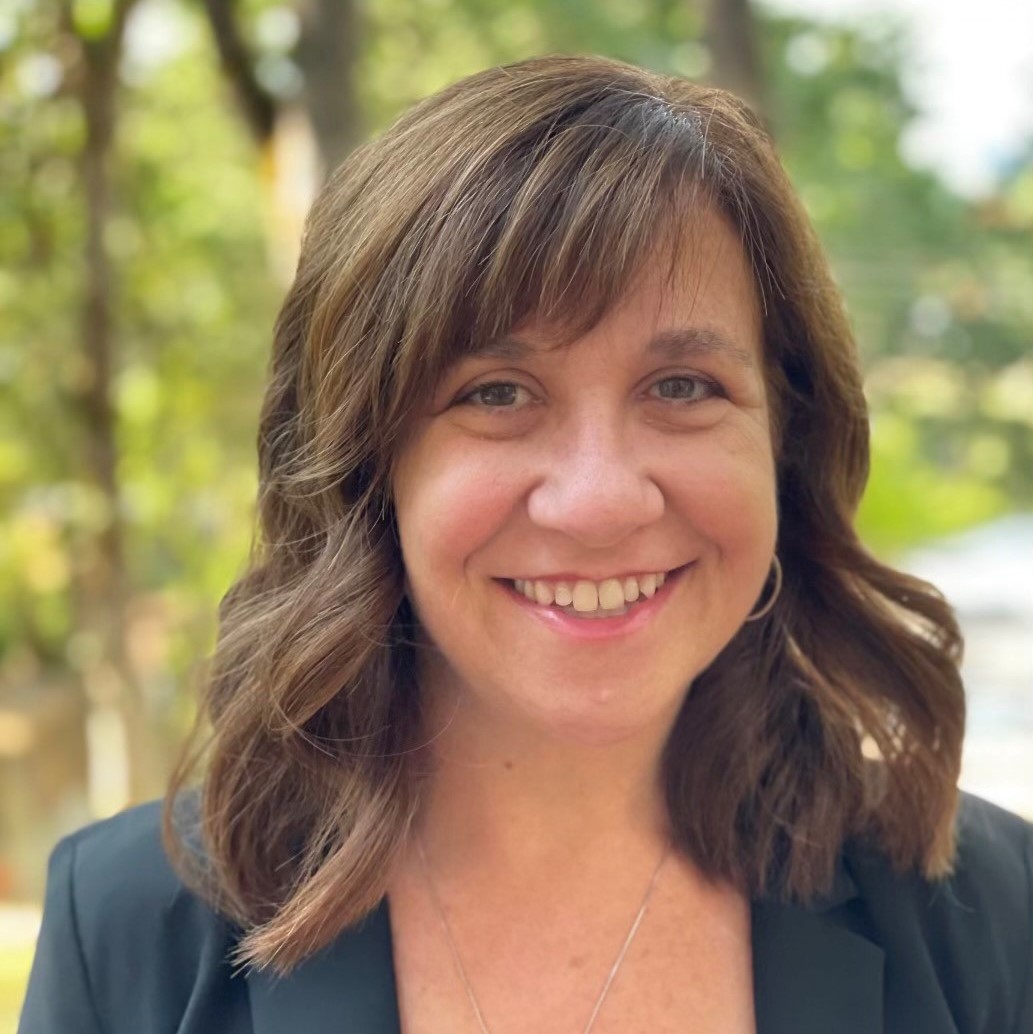 Lisa Templeton, Oregon State University
Lisa Templeton, Oregon State University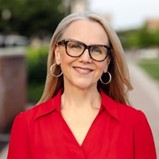 Moderator: Bettyjo Bouchey, University of Vermont
Moderator: Bettyjo Bouchey, University of Vermont
July 24 | 11:00 AM
The National AI Institute for Adult Learning and Online Education (AI-ALOE) is a research institute funded by the National Science Foundation (NSF) and Accenture through NSF. Led by the Georgia Institute of Technology, AI-ALOE has developed an AI-based transformative model for online adult learning. This model simultaneously uses AI for transforming online adult learning and online adult education to transform AI. These innovative transformations are not “just doing things better” but “doing better things” in effectiveness, efficiency, access, scale, and personalization.
Join the AI-ALOE team and UPCEA Senior Fellow, Ray Schroeder, for an enlightening presentation on AI-ALOE’s work on AI theories and techniques for enhancing the quality of adult online education. Their use-inspired fundamental research into AI is grounded in theories of human cognition and learning, supported by evidence from large-scale data, evaluated on a large variety of testbeds, and derived from the scientific process of learning engineering.
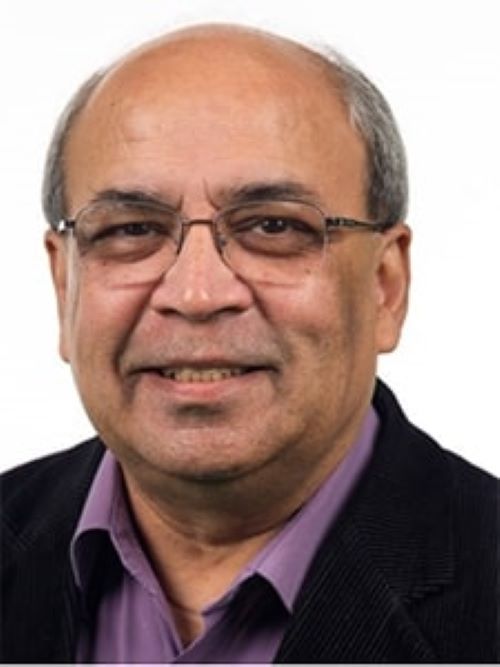 Ashok Goel, Georgia Institute of Technology
Ashok Goel, Georgia Institute of Technology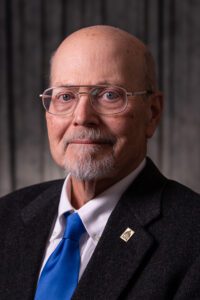 Moderator: Ray Schroeder, UPCEA
Moderator: Ray Schroeder, UPCEA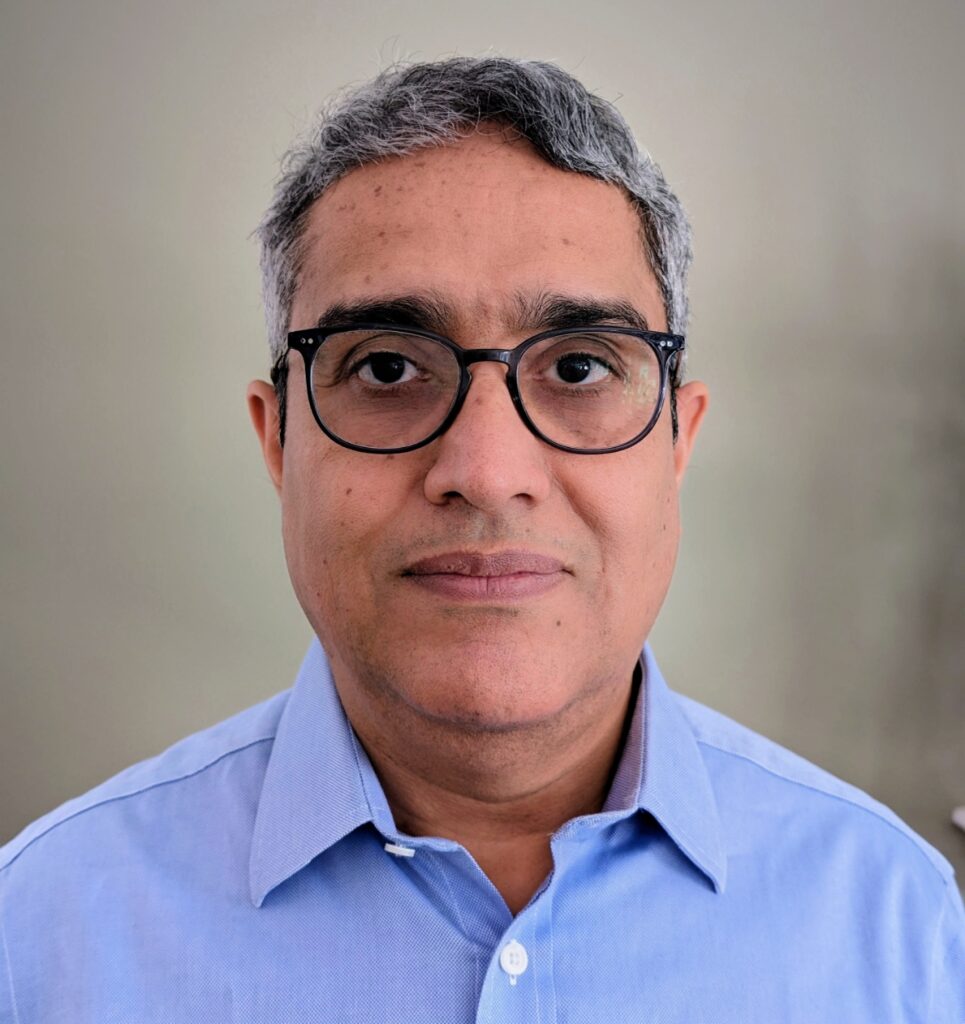 Sandeep Kakar, Georgia Institute of Technology
Sandeep Kakar, Georgia Institute of Technology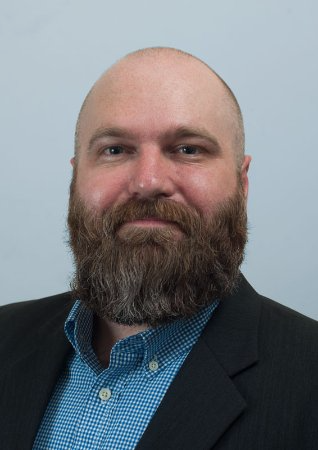 Travis Taylor, Georgia Institute of Technology
Travis Taylor, Georgia Institute of Technology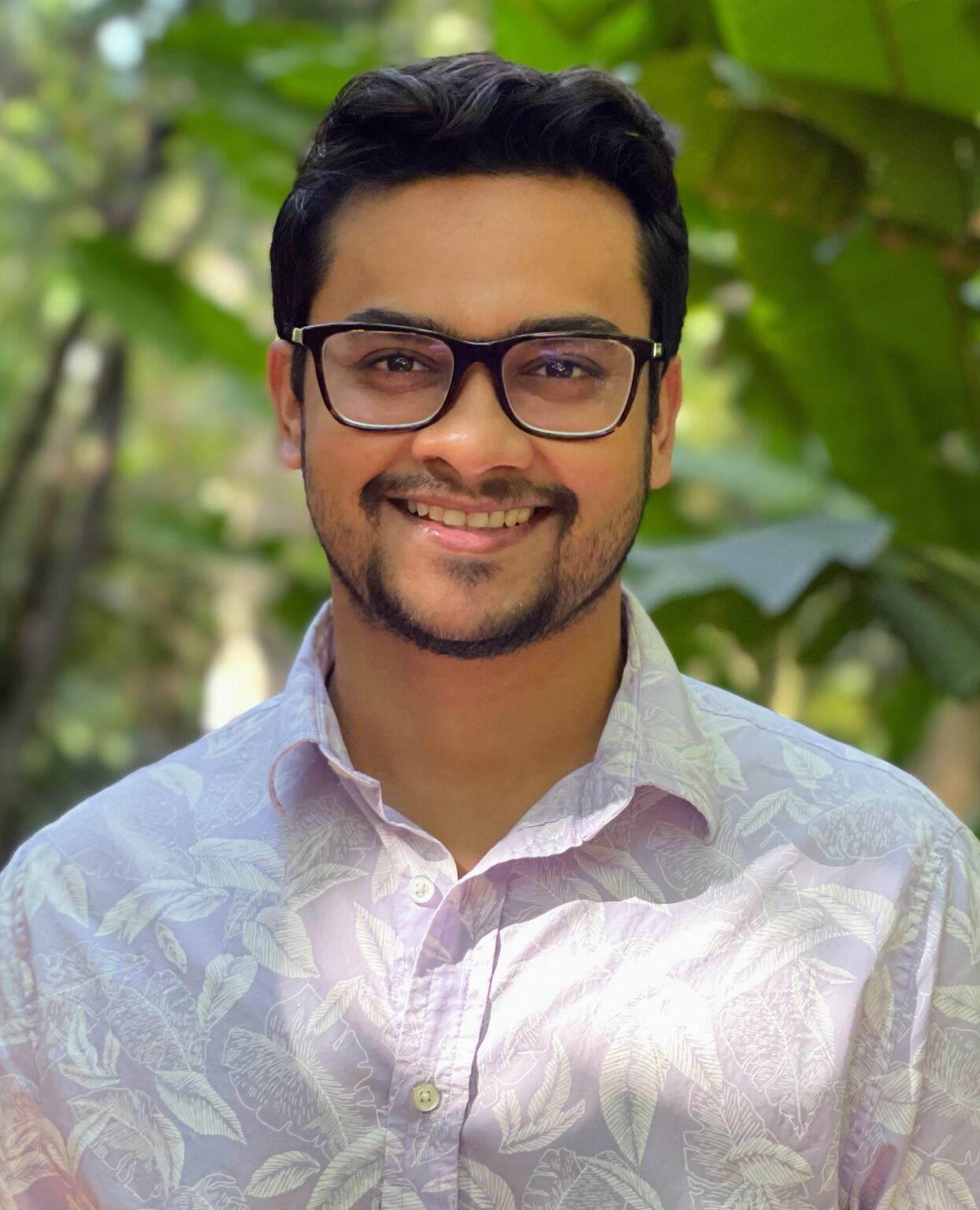 Rahul Dass, Georgia Institute of Technology
Rahul Dass, Georgia Institute of Technology